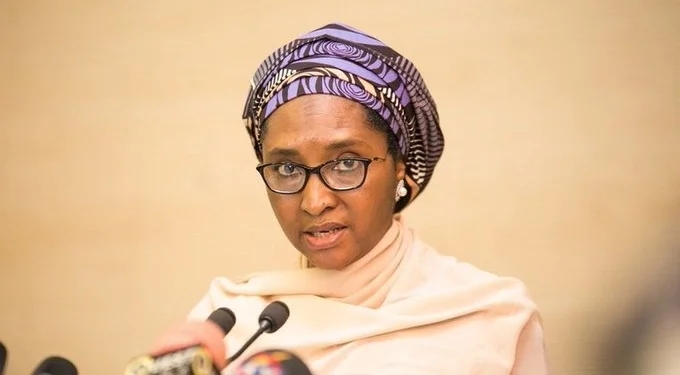Key Highlights
- The Minister of Finance, Budget and National Planning in Nigeria, Zainab Ahmed, has announced that the planned removal of fuel subsidy in June 2023 has been suspended.
- The decision was made by the National Economic Council, which agreed that the subsidy should not be removed at this time.
- Despite the suspension of the subsidy removal, preparatory work will continue in consultation with key stakeholders, and the subsidy will eventually be removed as it is not sustainable and cannot be afforded by the Nigerian government. However, the impact on ordinary Nigerians will be mitigated as much as possible.
The Minister of Finance, Budget and National Planning, Zainab Ahmed, has just announced that the Fuel subsidy removal has been suspended.
She made the announcement on Thursday to State House correspondents at the Council Chambers of the Presidential Villa in Abuja, where she said that the National Economic Council, agreed that the petrol subsidy should “not be removed” as earlier planned for June 2023.
She said in her words, “Council agreed that the timing of the removal of fuel subsidy should not be now., but that we should continue with all of the preparatory works that need to be done, as this preparation has to be done in consultation with the states and other key stakeholders including representatives of the incoming administration.
“Council agreed that the fuel subsidy must be removed earlier rather than later because it is not sustainable. We cannot afford it anymore, but we have to do it in such a way that the impact of the subsidy is as much as possible, mitigated on the lives of ordinary Nigerians.












I don’t get why the government is thinking in only one way about fuel subsidy. They don’t have to stop it all at once. Instead, they could slowly lessen the subsidy.
To help people know what to expect, the government could tell them specific dates and amounts for when fuel prices will go up gradually, maybe 10-15% every month. If the government really wants to balance the fiscal budget with helping the people who will struggle the most, then gradually lowering the subsidy is the best way to do it.